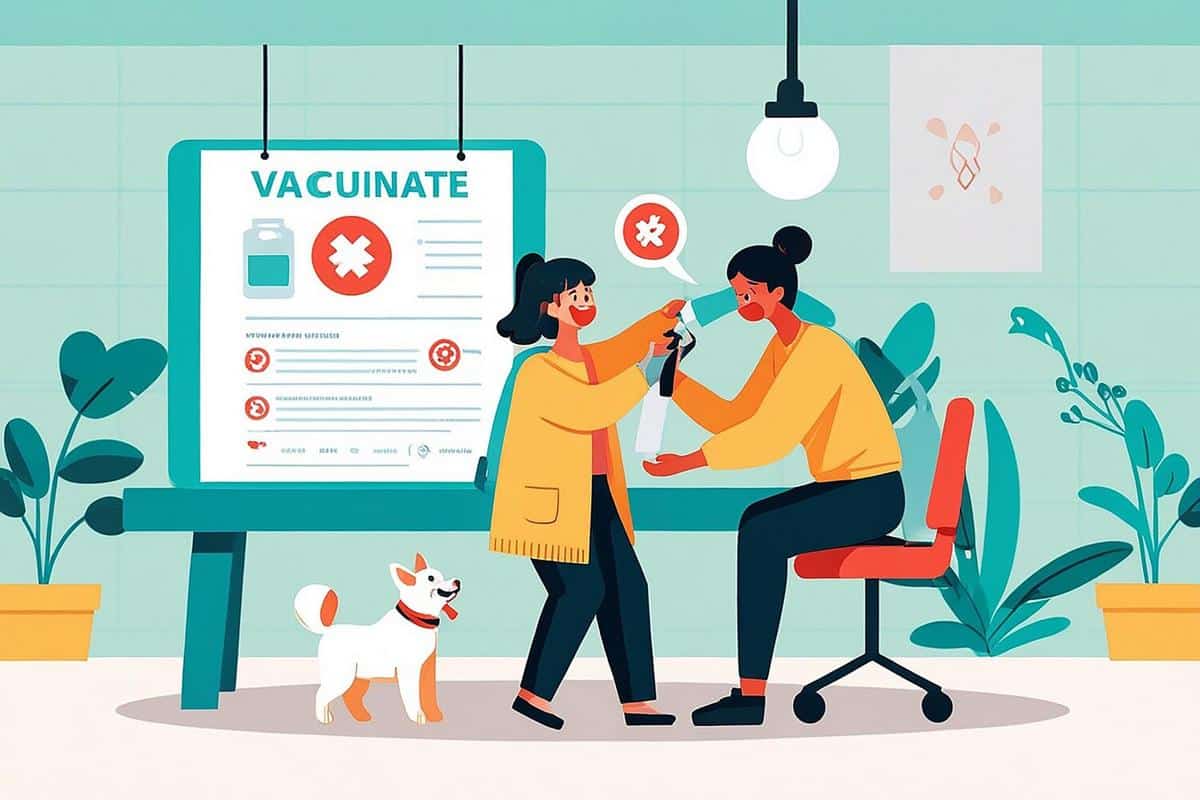
Vaccine Essentials: Protecting Your Pet from Illness
Ensuring your pet’s health is a top priority for any pet owner, and vaccinations play a crucial role in safeguarding your furry friend against a variety of diseases. Understanding the essentials of pet vaccines can empower you to make informed decisions, contributing to your pet’s long, healthy life.
Why Vaccines Matter for Pets
Vaccines are vital in preventing diseases in pets, helping to maintain their well-being and protect against life-threatening illnesses. According to the American Veterinary Medical Association, vaccines can prevent many illnesses that affect pets, and can also prevent the transmission of diseases to humans.
Expert Insights
Dr. Jennifer Coates, a renowned veterinarian, emphasizes, ‘Vaccinations are one of the most cost-effective ways to prevent disease in pets. They not only protect individual animals but also contribute to the broader goal of community health.’
Common Vaccines for Pets
| Vaccine | Purpose |
|---|---|
| Rabies | Prevents rabies, a fatal disease |
| Canine Distemper | Protects against a viral disease affecting multiple systems |
| Feline Herpesvirus | Prevents respiratory infections in cats |
| Leptospirosis | Protects against bacterial infection from water sources |
| Lyme Disease | Prevents tick-borne illness |
| Feline Leukemia | Protects against a contagious virus in cats |
| Parvovirus | Prevents severe gastrointestinal disease in dogs |
| Bordetella | Protects against kennel cough |
Personal Experiences
Consider the story of Max, a lively golden retriever whose owner, Karen, decided to skip his booster shots one year. Unfortunately, Max contracted canine distemper, which led to a significant health battle. Karen’s experience underscores the importance of keeping up with vaccinations.
Actionable Tips for Pet Owners
- Consult with your veterinarian to establish a vaccination schedule tailored to your pet’s needs.
- Keep a record of your pet’s vaccinations and stay informed about booster shot requirements.
- Consider your pet’s lifestyle and environment when discussing vaccine options with your vet.
Pro Tip: Always wash your hands after handling your pet, even if they are vaccinated, to maintain good hygiene and prevent any zoonotic diseases.
Frequently Asked Questions
FAQs
Are vaccines necessary for indoor pets?
Yes, even indoor pets can be exposed to diseases through contact with other animals or through vectors like mosquitoes.
How often should my pet be vaccinated?
Your veterinarian will recommend a schedule based on your pet’s age, health, and lifestyle.
Can vaccines have side effects?
While most pets do not experience significant side effects, some may have mild reactions like soreness or fever. Always discuss any concerns with your vet.
Conclusion
Vaccinating your pet is a fundamental aspect of responsible pet ownership, providing protection against numerous diseases. By staying informed and working closely with your veterinarian, you can ensure your pet remains healthy and happy. Take action today by reviewing your pet’s vaccination schedule and making any necessary appointments. For more information, visit reputable sources like the American Veterinary Medical Association.